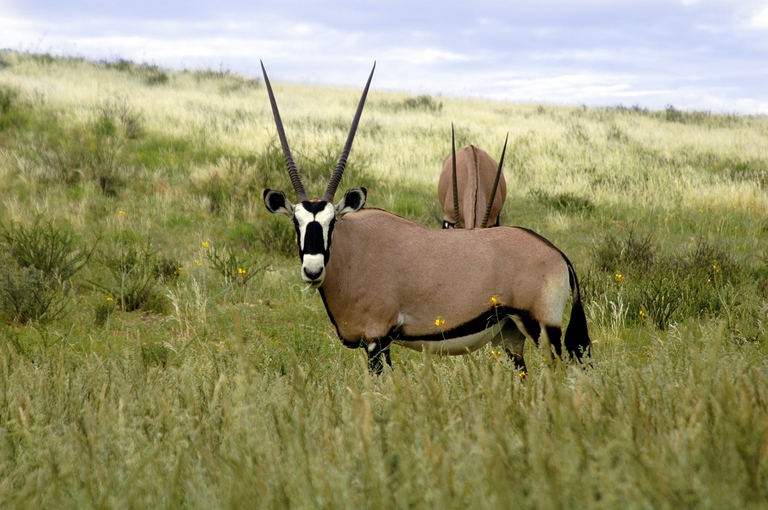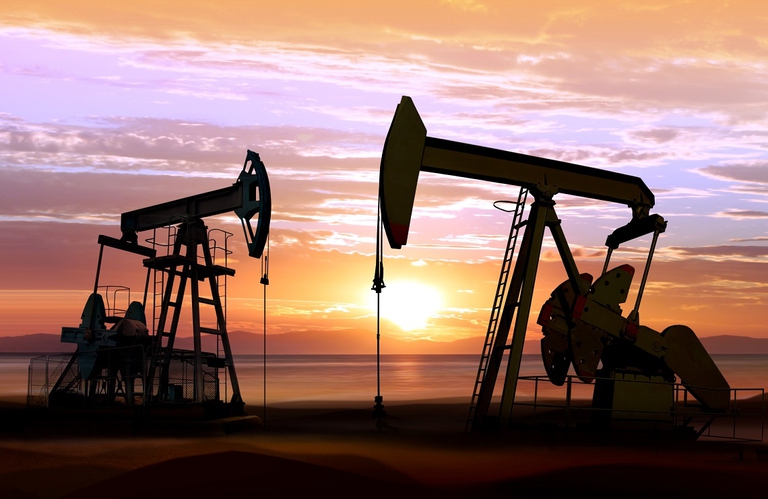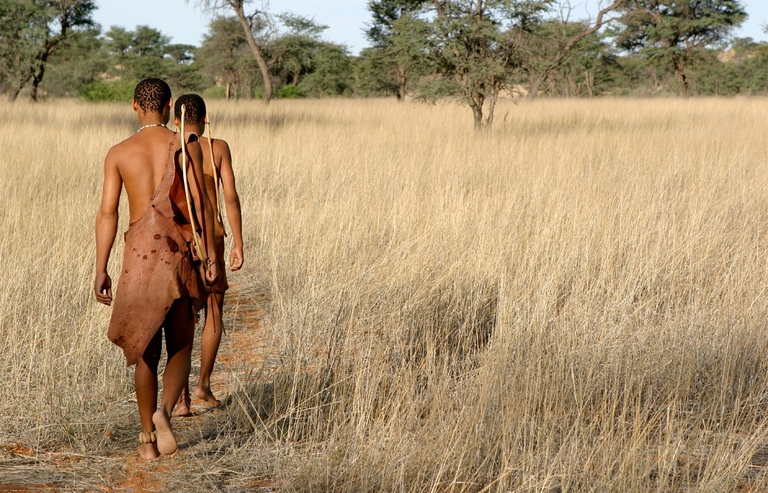
South African court dismisses a major lawsuit by 140,000 Zambian women and children against Anglo American for Kabwe lead poisoning. A setback for affected communities enduring the lasting impact of lead contamination.
Il Paese ha venduto i diritti per l’estrazione di gas naturale in una delle aree dell’Africa più importanti dal punto di vista naturalistico.
Among lions, antelopes and cheetahs, the Kgalagadi transfrontier park will be home to oil rigs for fracking, in a protected area that extends across Namibia, Botswana and South Africa.
Fracking is a technique used to extract natural gas and oil from subsoil rocks, using a pressurised liquid made of water, sand and chemicals to make natural gas flow out to the head of the well. The effects this technique has on the environment and wildlife are largely unknown, or at least not revealed.
The government of Botswana has granted to Karoo Energy, oil company listed in the London Stock Exchange, licences for a vast area of the Kgalagadi Park (nearly half of the total surface) to be used to extract gas. The denounce comes from the UK newspaper The Guardian, which explains that licences has been sold in September 2014, when the company was still named Nodding Donkey, although the sale has not been reported previously.
Environmentalists and park officials are concerned about the impact of drilling on wildlife. Fracking could compromise a unique environment, over 36,000 square kilometres of desert and savannah, populated by an incredible biodiversity, including the Kalahari lion (Panthera leo verneyi), African Pygmy Falcon (Polihierax semitorquatus), and the gemsbok (Oryx gazella).
“The development that is going to have to go on there, with infrastructure that has to be moved in, seems to be yet another nail in the coffin of wild areas in the world,” said Gus Mills, biologists who lived in Kgalagadi for 18 years to study cheetahs and hyenas. Environmental repercussions could be several and particularly dangerous for water sources.
Fracking would also have negative impacts on Botswana’s tourism, key resource for the country that employs the largest number of workers after diamond mining.
Olmo von Meijenfeldt, Director of the South African organisation Democracy Works, is concerned about the impact on rural communities. “Governments should be reluctant if not downright hostile towards extracting natural resources for a short-term benefit that will contribute to a deterioration of habitat and our long-term capacity for sustainable development and poverty alleviation.”
During its investigation, The Guardian has asked clarifications to the government of Botswana and to Karoo Energy, without obtaining any response though.
Siamo anche su WhatsApp. Segui il canale ufficiale LifeGate per restare aggiornata, aggiornato sulle ultime notizie e sulle nostre attività.
![]()
Quest'opera è distribuita con Licenza Creative Commons Attribuzione - Non commerciale - Non opere derivate 4.0 Internazionale.
South African court dismisses a major lawsuit by 140,000 Zambian women and children against Anglo American for Kabwe lead poisoning. A setback for affected communities enduring the lasting impact of lead contamination.
Controversial African land deals by Blue Carbon face skepticism regarding their environmental impact and doubts about the company’s track record, raising concerns about potential divergence from authentic environmental initiatives.
Majuli, the world’s largest river island in Assam State of India is quickly disappearing into the Brahmaputra river due to soil erosion.
Food imported into the EU aren’t subject to the same production standards as European food. The introduction of mirror clauses would ensure reciprocity while also encouraging the agroecological transition.
Sikkim is a hilly State in north-east India. Surrounded by villages that attracts outsiders thanks to its soothing calmness and natural beauty.
Sikkim, one of the smallest states in India has made it mandatory for new mothers to plant saplings and protect them like their children to save environment
Chilekwa Mumba is a Zambian is an environmental activist and community organizer. He is known for having organized a successful lawsuit against UK-based mining companies.
What led to the Fukushima water release, and what are the impacts of one of the most controversial decisions of the post-nuclear disaster clean-up effort?
Nzambi Matee is a Kenyan engineer who produces sustainable low-cost construction materials made of recycled plastic waste with the aim of addressing plastic pollution and affordable housing.










